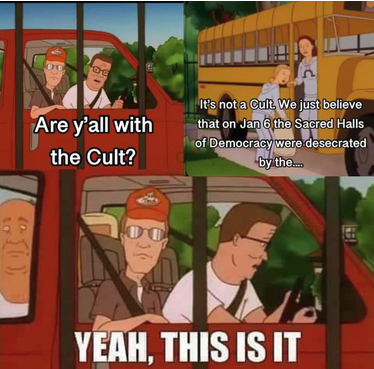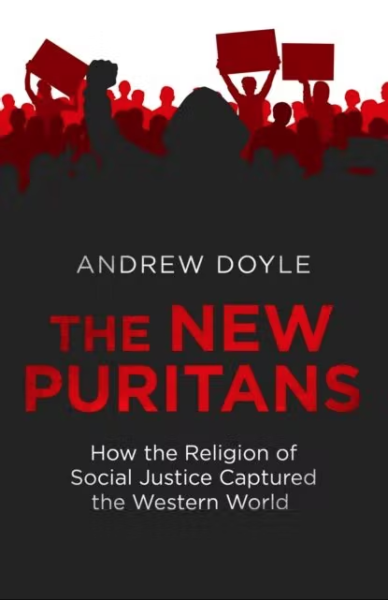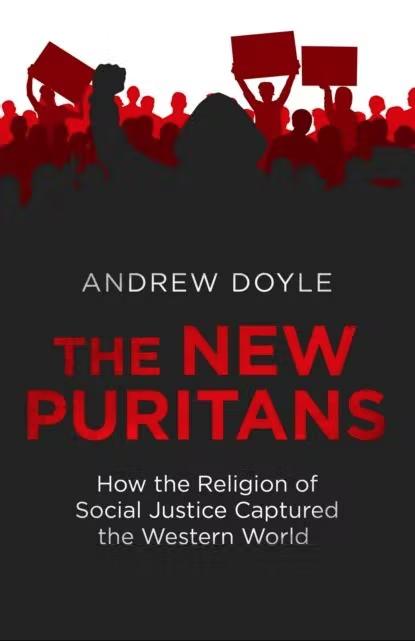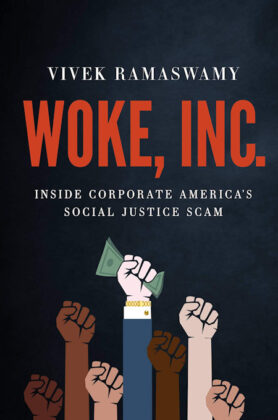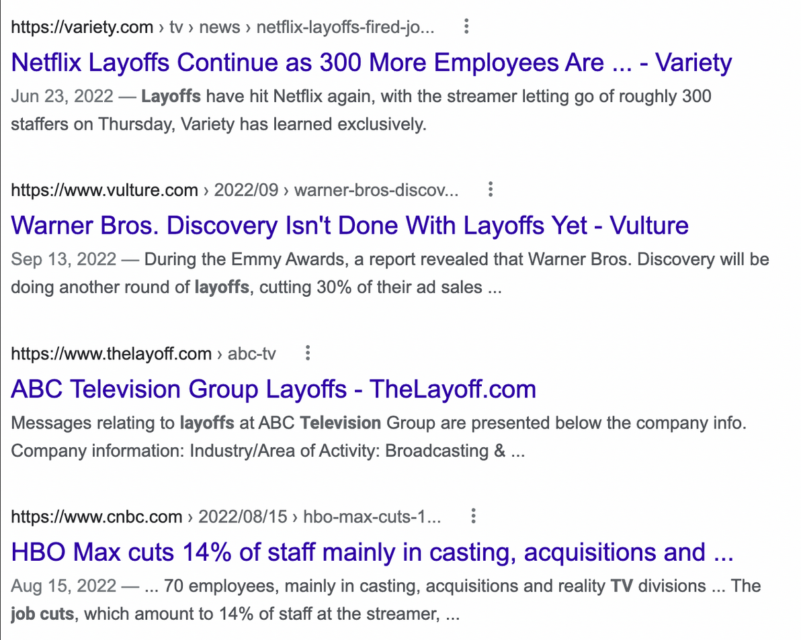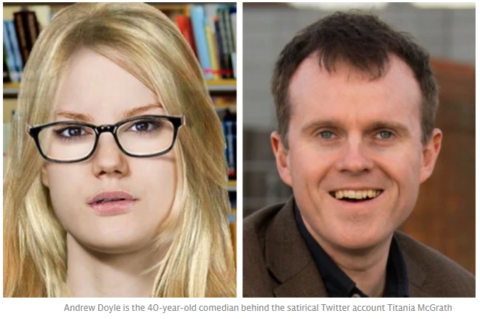Freddie deBoer devoutly hopes for a proper term to use instead of the by-now highly pejorative term “woke”:
As I have said many times, I don’t like using the term “woke” myself, not without qualification or quotation marks. It’s too much of a culture war pinball and now deemed too pejorative to be useful. I much, much prefer the term “social justice politics” to refer to the school of politics that is typically referred to as woke, out of a desire to be neutral in terminology. However: there is such a school of politics, it’s absurd that so many people pretend not to know what woke means, and the problem could be easily solved if people who support woke politics would adopt a name for others to use. No to woke, no to identity politics, no to political correctness, fine: PICK SOMETHING. The fact that they steadfastly refuse to do so is a function of their feeling that they shouldn’t have to do politics like everyone else. But they do. And their resistance to doing politics is why, three years after a supposed “reckoning”, nothing has really changed. (If there’s no such thing as the social justice politics movement, who made the protests and unrest of 2020 happen? The fucking Democrats?)
The conceit is that “woke” has even shaggier or vaguer boundaries than “liberal”, “fascist”, “conservative”, or “moderate”. And I just don’t think that’s true.
“Woke” or “wokeness” refers to a school of social and cultural liberalism that has become the dominant discourse in left-of-center spaces in American intellectual life. It reflects trends and fashions that emerged over time from left activist and academic spaces and became mainstream, indeed hegemonic, among American progressives in the 2010s. “Wokeness” centers “the personal is political” at the heart of all politics and treats political action as inherently a matter of personal moral hygiene — woke isn’t something you do, it’s something you are. Correspondingly all of politics can be decomposed down to the right thoughts and right utterances of enlightened people. Persuasion and compromise are contrary to this vision of moral hygiene and thus are deprecated. Correct thoughts are enforced through a system of mutual surveillance, one which takes advantage of the affordances of internet technology to surveil and then punish. Since politics is not a matter of arriving at the least-bad alternative through an adversarial process but rather a matter of understanding and inhabiting an elevated moral station, there are no crises of conscience or necessary evils.

